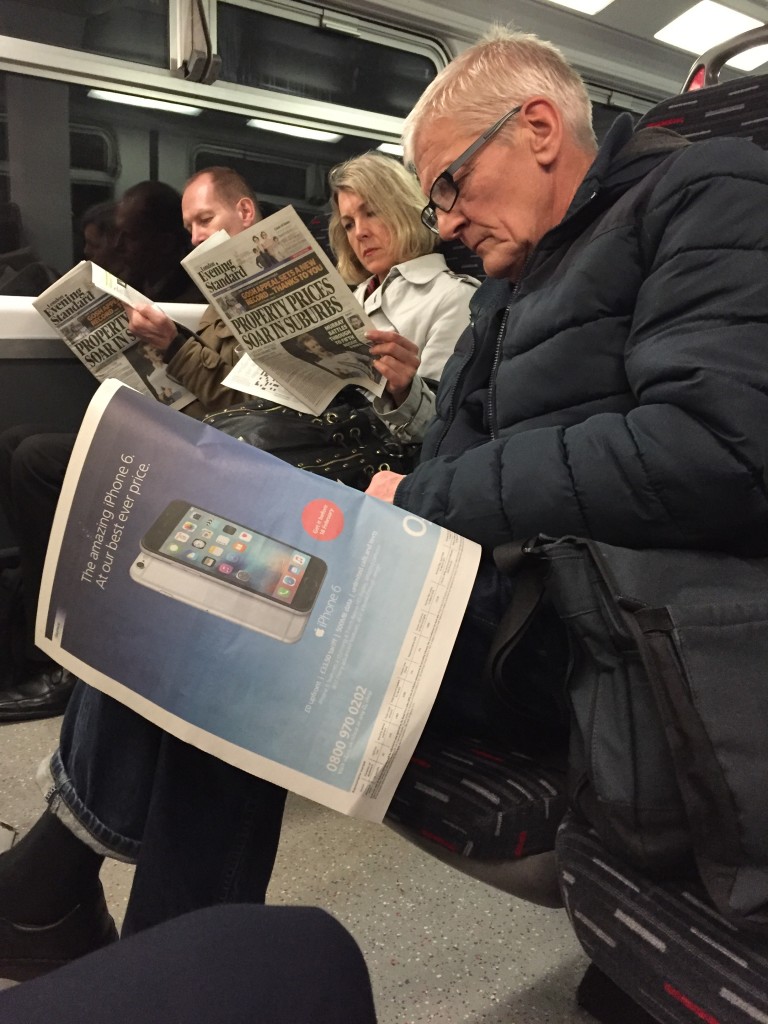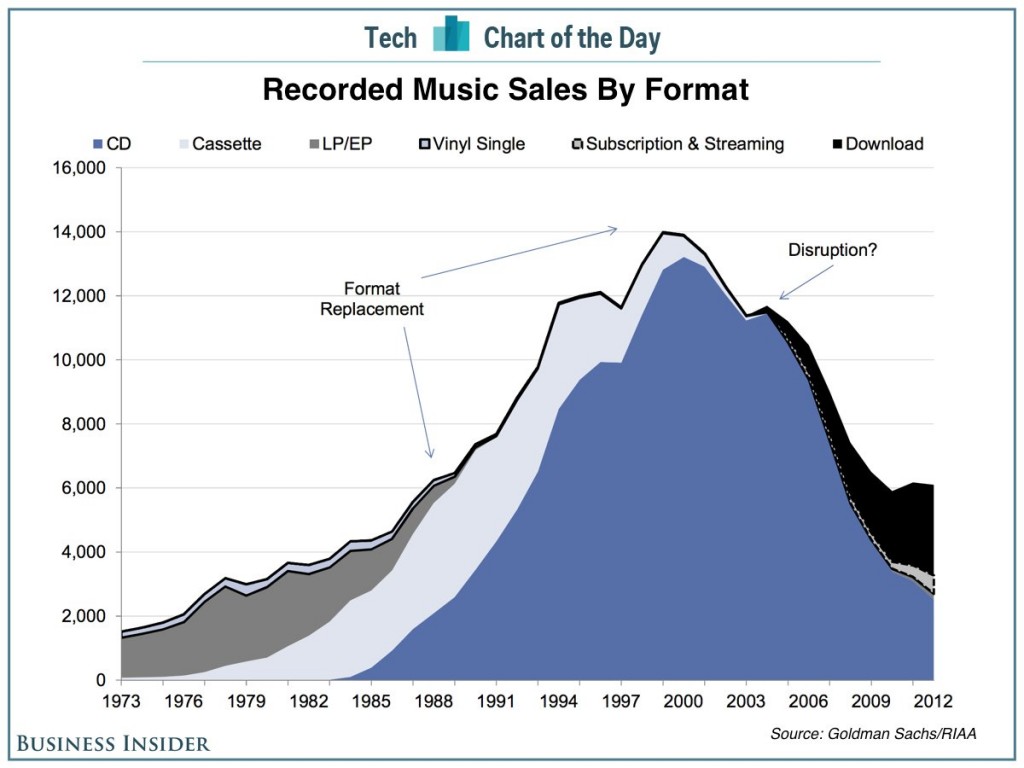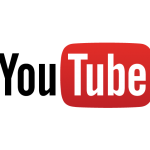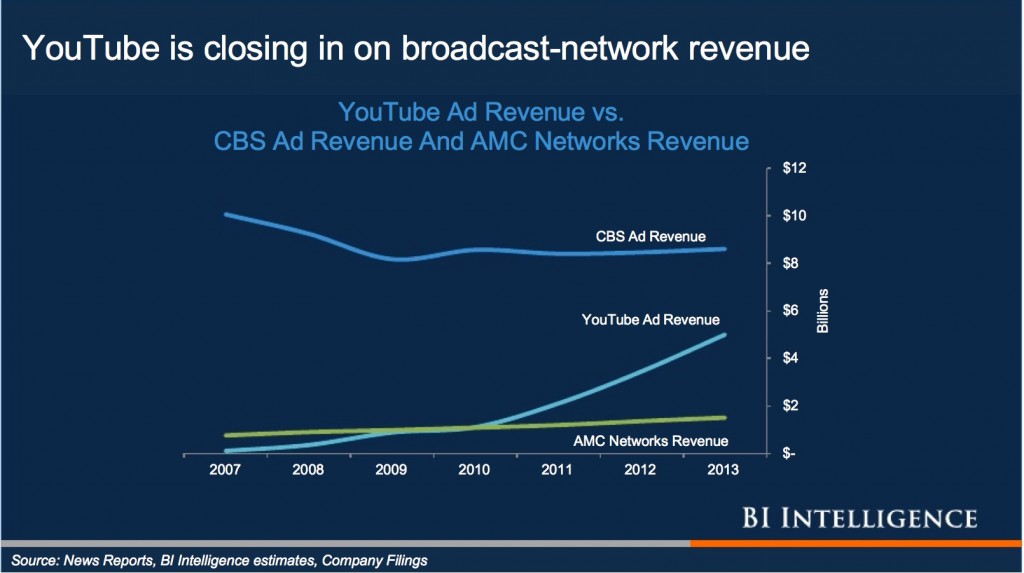From Engadget:
Now, clearly, not every comment or commenter is the same. But we’ve increasingly found ourselves turning off comments on stories that discuss topics of harassment, gender or race simply because so many of the replies are hateful, even threatening. Articles that mention Apple deteriorate into arguments of iOS vs Android, replete with grade-school name calling. Articles that don’t make mention of Samsung often include comments claiming that we are shills for Apple. Some commenters plain attack our writers or editors or other commenters. Some are outright threats. And that’s not even getting into the spam problem.
The thing is, we like having a comments section. It gives our readers a place to share their experiences, point out mistakes we’ve made, offer up different perspectives and provide more information. Our comments section can be an incredible place to visit, and we value that our readers take the time out of their day (often repeatedly) to participate. But we can’t take pride in a comment system that isn’t offering you the features you need to participate; that runs amok with racist, sexist or homophobic slurs and threats; or that takes joy in in-fighting and provoking fights.
A quality comments section should make it easy for users to contribute. A good comments section has users who feel a sense of duty and kinship, who act as a community. An exceptional comments section informs its readers, corrects authors and provides worthwhile insights in a polite and constructive manner.
This is not, by and large, what is happening in our comments section today. In order to reassess and push forward with a better system, we’re going to take a comment break…
And this from the Observer‘s Readers’ Editor:
Extreme points of view made it impossible to have any comprehensive online debate on race, immigration and Islam long before any moves were made to limit commentary.
While there is a general desire to open comments on as many subjects as possible, moderators are made aware in advance of opinion pieces that are likely to need careful handling.
Last weekend, after consultation, comments were delayed on several Observer articles, including Nick Cohen on becoming a Jew, Victoria Coren Mitchell on the Adam Johnson underage sex case and Barbara Ellen on Jamie Oliver’s advocacy of breastfeeding.
Comments opened once moderators were in place, but within minutes antisemites and Holocaust deniers were hounding Cohen, apologists for sex with teenagers were appearing in the Coren Mitchell thread and misogynists were busy insulting Ellen. It had to stop.
Yep.





